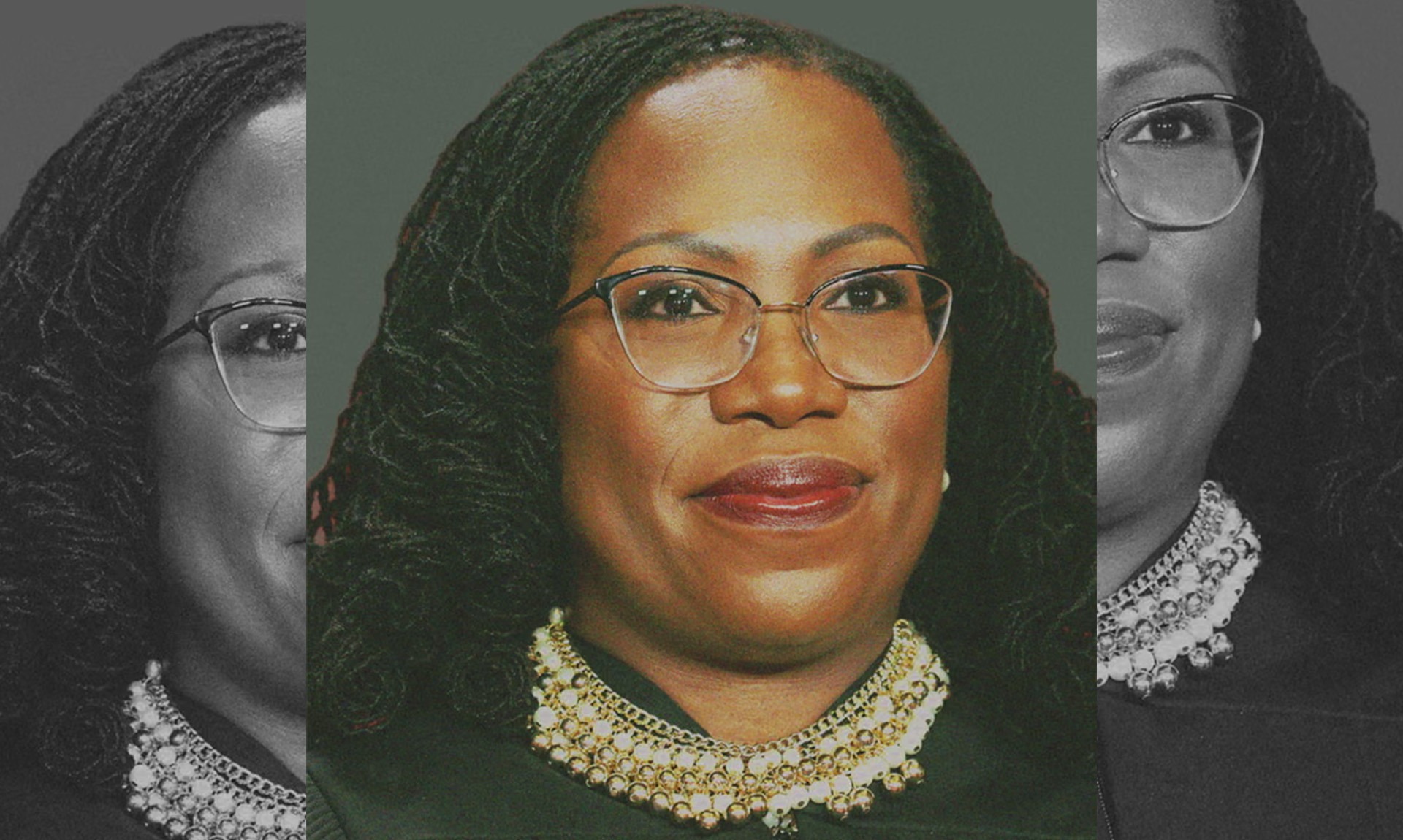Justice Ketanji Brown Jackson: A Voice for the Future
In honor of Justice Ketanji Brown Jackson’s enduring influence, Urban Missiology curates this feature from The Guardian. Her story is one of faith in democracy, perseverance through adversity, and the quiet power of representation. It reminds us that the pursuit of justice is never simply about the law—it’s about the moral fabric that binds a nation.
By Ed Pilkington, The Guardian
Sat 4 Oct 2025, 09.00 EDT
Her sharpest words were not in the body of her opinion. They were tucked away in a footnote.
That subtle placement speaks volumes about Ketanji Brown Jackson, the supreme court’s newest member and already its fiercest liberal voice.
The footnote in question can be found in Trump v Casa, the June ruling that gave a big boost to Donald Trump by clipping the wings of federal judges and limiting their use of nationwide injunctions to block the president’s worst excesses.
Over 21 pages of taut dissent against Casa, Jackson decried the 6-3 ruling as “an existential threat to the rule of law” and a “sad day for America.” The ruling was “profoundly dangerous,” she wrote, because it gives Trump permission “to wield the kind of unchecked, arbitrary power the Founders crafted our Constitution to eradicate.”
Looking ahead, she added that the decision would “surely hasten the downfall of our governing institutions, enabling our collective demise.”
This is strong medicine. But then there is footnote No. 5, which takes her dissent to another level entirely.
In it, she cites The Dual State by Ernst Fraenkel, a German Jewish labor lawyer who fled the Nazis in 1938. Fraenkel’s book analysed how the Nazis had created two coexistent legal systems.
There was the normative one that kept the economy of Germany running as usual. And then there was the separate legal system that operated alongside it, in which anyone deemed an enemy of the regime was stripped of all rights and subjected to arbitrary violence.
In the footnote, Jackson quotes The Dual State’s description of the way unchecked power is incompatible with the rule of law:
“See E. Fraenkel, The Dual State, pp xiii, 3, 71 (1941) (describing the way in which the creation of a ‘Prerogative State’ where the Executive ‘exercises unlimited arbitrariness … unchecked by any legal guarantees’ is incompatible with the rule of law).”
The footnote is three and a half lines of small print. But its import is booming.
By citing Fraenkel’s work, the justice is drawing a parallel between the drift in jurisprudence that is taking place under the combined actions of Trump and the supreme court, and the legal structure of Nazi Germany.
Aziz Huq, a law professor at the University of Chicago, said that it was “hard not to see that as a kind of warning.”
As the new judicial term begins, Jackson — now the “great dissenter” — faces an uphill battle against a rightwing supermajority that has dismantled decades of precedent on abortion, affirmative action, environmental protections, and voting rights. She and her two liberal colleagues watch as emergency “shadow docket” rulings reshape constitutional law in Trump’s favor.
Despite the pressure, Jackson’s faith and restraint shine through. While her colleagues confess to tears or slammed walls, Jackson remains composed — channeling her frustration into piercing dissents that call America back to its founding ideals of justice and equality.
Her critics, including Justice Amy Coney Barrett, accuse her of breaking decorum, calling her reasoning “untethered to doctrine.” Yet Jackson’s broader vision — warning of creeping authoritarianism and moral decay — echoes deeply within America’s democratic conscience.
Born in Washington, D.C., and raised in Miami, Jackson’s journey from debating student to Supreme Court justice is itself a testament to perseverance. In her memoir, Lovely One, she recalls her grandmother’s advice: “Guard your spirit, Ketanji. To dwell on the unfairness of life is to be devoured by it.”
Now, in her fourth year on the bench, she faces monumental cases that could redefine presidential power and the survival of the rule of law itself — from Trump’s proposed repeal of birthright citizenship to the dismantling of the Voting Rights Act.
“She understands the assignment,” says Franita Tolson, dean of USC’s Gould School of Law. “She knows she’s standing on a legacy built on a Constitution that works for everybody, not just some people.”
As America’s political foundations quake, Justice Ketanji Brown Jackson stands as both witness and warning — reminding us that democracy, like faith, must be lived and defended.
Read the original article on The Guardian.
Who is Justice Ketanji Brown Jackson?
Justice Ketanji Brown Jackson is the first Black woman to serve on the U.S. Supreme Court, appointed in 2022. She is known for her strong dissents defending the rule of law and democracy.
Why is her work significant to faith and social justice?
Her dissents echo moral convictions rooted in justice and equality, aligning with faith-based calls to safeguard democracy and resist authoritarian power.
news via inbox
Don’t miss a moment—subscribe now and be the first to know when new stories drop.










